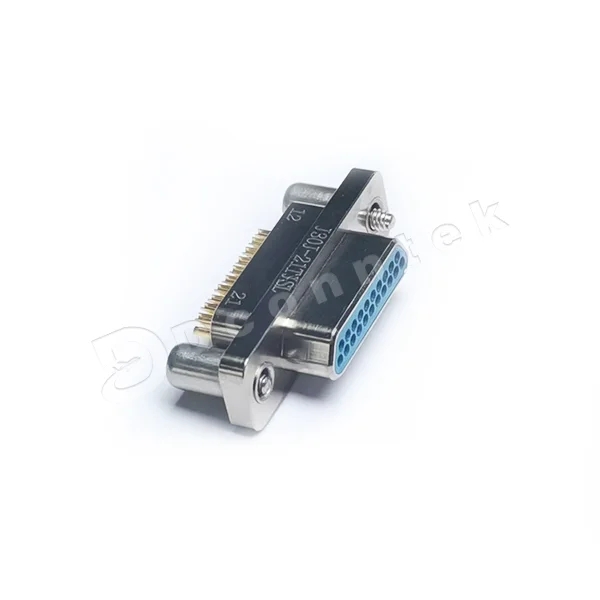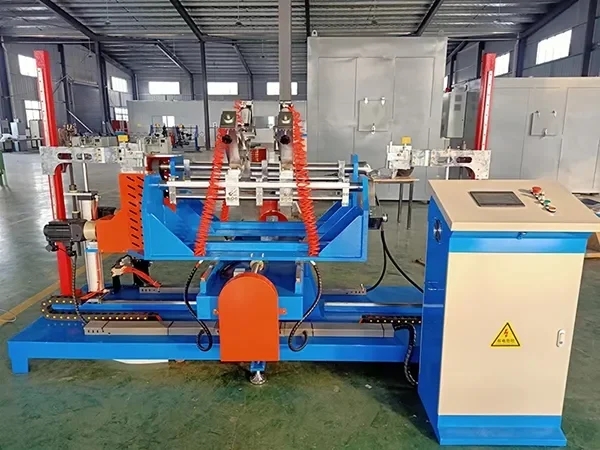In the fast-paced world of international trade, ports play a vital role in ensuring the smooth movement of goods. One of the key challenges faced by ports is effectively tracking containers, as they navigate through complex logistics networks. This blog post explores the innovative methods and technologies employed by ports to keep track of containers, ensuring efficient operations and enhancing supply chain management.
- RFID Technology:
Radio Frequency Identification (RFID) technology has revolutionized container tracking in ports. RFID tags, attached to containers, transmit unique identification codes that can be read by RFID readers installed at various checkpoints. This enables ports to monitor the movement of containers in real-time, ensuring accurate tracking and reducing the risk of misplacement or theft. - GPS Tracking:
Global Positioning System (GPS) technology has become an indispensable tool for container tracking. By equipping containers with GPS devices, ports can precisely locate and monitor their movements throughout the supply chain. This technology enables ports to optimize container routing, minimize delays, and enhance security by providing real-time updates on container positions. - Blockchain Technology:
Blockchain technology offers a transparent and secure method for tracking containers. By creating a decentralized and immutable ledger, ports can record and share container-related information with stakeholders, including shipping companies, customs authorities, and logistics providers. This ensures data integrity, reduces paperwork, and enhances collaboration, ultimately streamlining container tracking processes. - Automated Optical Character Recognition (OCR):
OCR technology enables ports to automatically capture and process container identification numbers and other relevant information from images or documents. By employing OCR systems at various checkpoints, ports can quickly and accurately track containers, eliminating manual data entry errors and improving operational efficiency. - Data Analytics and Artificial Intelligence (AI):
Ports are increasingly leveraging data analytics and AI algorithms to optimize container tracking. By analyzing historical data, ports can predict container arrival times, identify potential bottlenecks, and optimize resource allocation. AI-powered systems can also detect anomalies, such as unauthorized container openings or tampering, enhancing security measures.
Conclusion:
Efficient container tracking is crucial for ports to ensure smooth operations and maintain a competitive edge in the global trade landscape. By harnessing advanced technologies such as RFID, GPS, blockchain, OCR, and AI, ports can accurately monitor container movements, enhance supply chain visibility, and improve overall operational efficiency. Embracing these innovative solutions enables ports to meet the demands of modern logistics, ensuring timely delivery and customer satisfaction.




More Stories
What Makes the Electric Farm ATV Vehicle a Serious Tool for Off-Road Terrain?
Door to Door International Container Shipping as Foundation for Predictable Global Trade
Discover the Advantages of TOPSTAR Electric Bikes for Commuting: Reviews Inside!